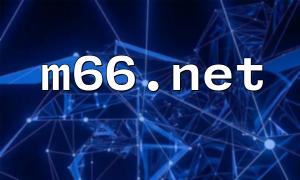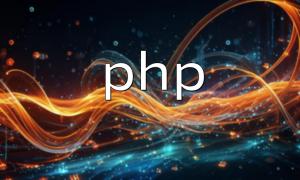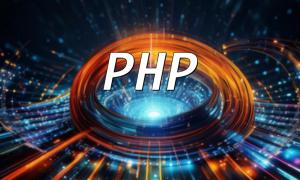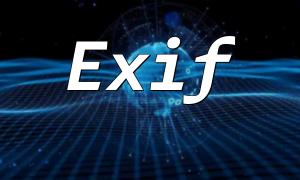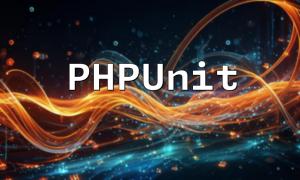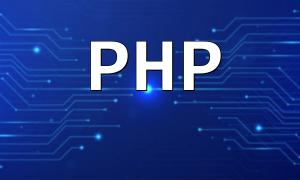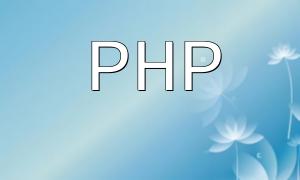Git is the most widely used distributed version control system and plays a vital role in PHP development. Whether you're working on a solo project or in a team, Git helps manage code changes efficiently and boosts productivity. This guide covers how to use Git throughout your PHP project workflow—from initialization to collaboration.
Before using Git, ensure it’s properly installed and configured on your local environment. On Ubuntu, you can install it with the following command:
<span class="fun">sudo apt-get install git</span>
After installation, set up your user information:
git config --global user.name "Your Name"
git config --global user.email "your@email.com"This helps track authorship of changes in the repository.
To start a new repository, run:
<span class="fun">git init</span>
This creates a hidden .git folder in your current directory, which stores the repository’s metadata and history.
After modifying files, stage them using:
<span class="fun">git add .</span>
Then commit the staged changes with a message:
<span class="fun">git commit -m "Initial project structure"</span>
Good commit messages make the history easier to understand for everyone on the team.
Branches allow you to work on features independently. Create and switch to a new branch like this:
git branch feature-login
git checkout feature-loginOnce the feature is complete, return to the main branch and merge it:
git checkout master
git merge feature-loginThis ensures stability in your main branch while allowing isolated development.
To enable team collaboration, link your local repo to a remote one:
git remote add origin https://github.com/username/repo-name.git
git push origin masterThis allows others to access and contribute to the project seamlessly.
In team environments, a structured Git workflow improves efficiency:
This process minimizes conflicts and enforces code quality checks.
When updates are made to the main branch, others can sync with:
<span class="fun">git pull origin master</span>
This ensures local copies are up to date with the latest production-ready code.
CI tools like Jenkins or Travis CI automate testing and deployment:
Integrating CI is a crucial step toward modern, reliable PHP project management.
Git is more than just a version control system—it’s an essential part of the entire development lifecycle for PHP projects. From managing branches to enabling team collaboration and integrating CI, mastering Git is fundamental for any professional PHP developer aiming for scalable and maintainable software.
